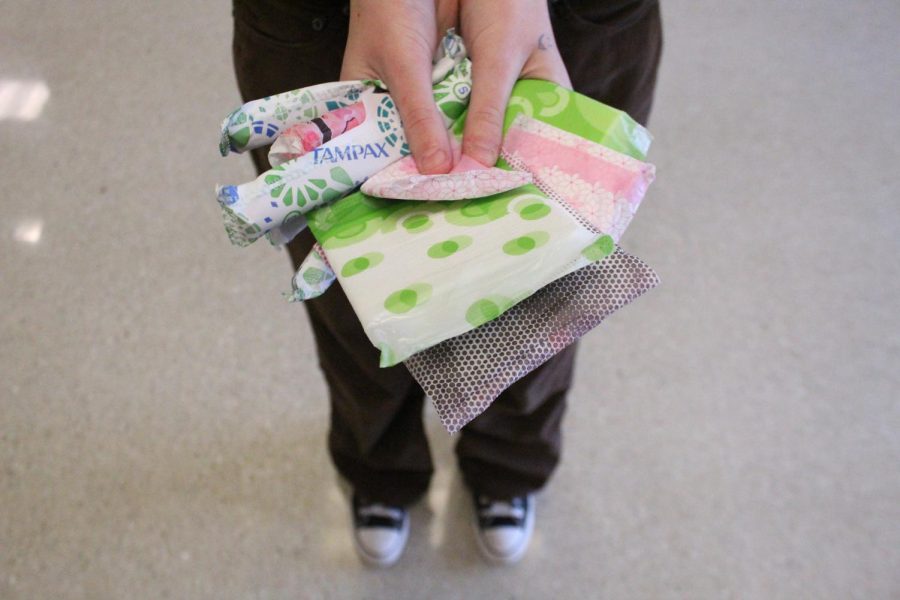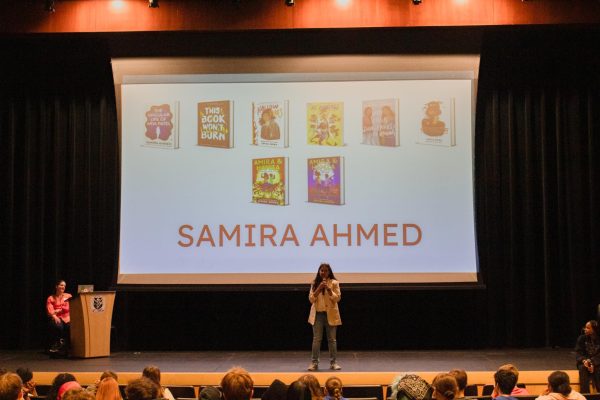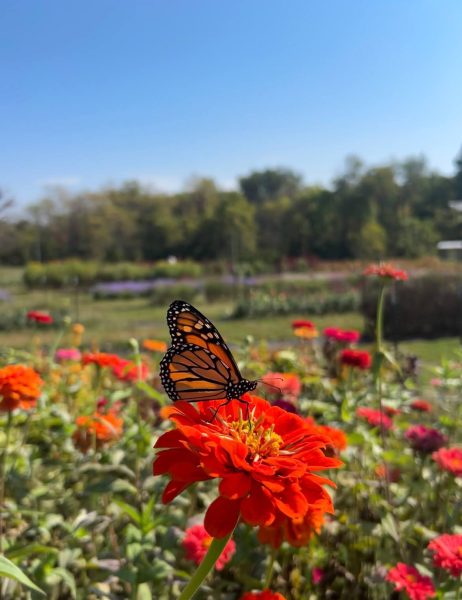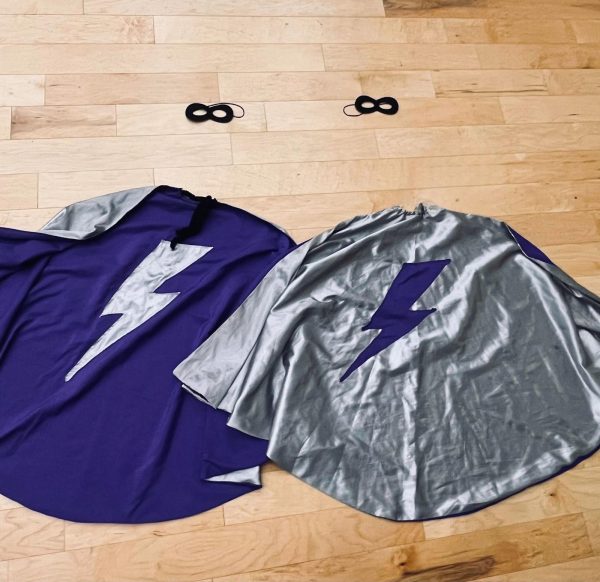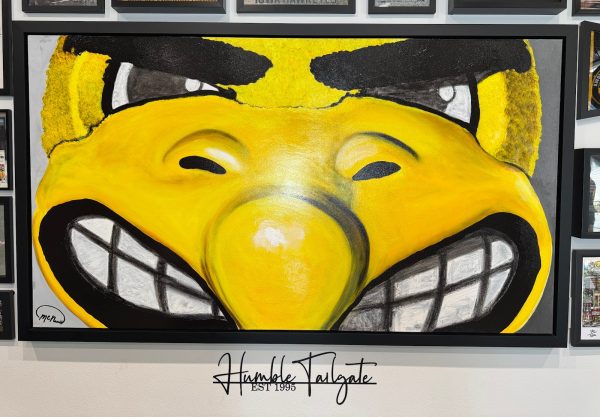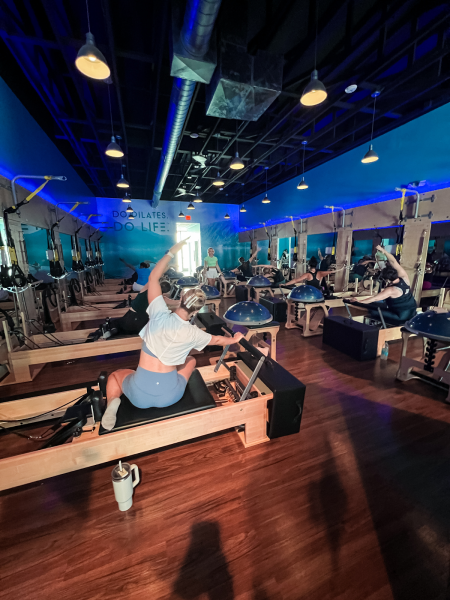Project Period
Project period is making it’s mark on Liberty by collecting Period Products to donate to people in need.
Period products are availibe in the health office for anyone who needs them.
Many recognize the term Period Poverty but few know the meaning behind it and the effect it has on women around the world.
Period Poverty is described as “[t]he inability to afford or access period supplies,” according to a gender policy report by the University of Minnesota.
The average woman will end up spending over 18,000 dollars on her period (Park and Ortiz). Think about all of the things you could buy with 18,000 dollars. You could buy two iPhone 14s. You could buy a 2013 Honda Civic. That’s half a year of college tuition.
While half of our population experiences menstruation, it is a topic that has been heavily tabooed for centuries. This is caused by generations of stigma associated with menstruation. Women have always been told to hide and keep secrets when it comes to periods. The University of Minnesota reported that 62% of people feel “uncomfortable” saying the word “period.”
A study done by the University of Minnesota found that 46% of women who lived below the poverty line had to choose between buying food, or menstrual products. Because of these high numbers of women who cannot afford basic necessities like pads and tampons, Margaux Maurus, senior, decided to start Project Period.
“I decided to start Project Period because I realized that there was a lot of stigma around periods…tampons and pads cost 25 cents and not everybody has easy access to that kind of money,” said Maurus.
A 2019 survey found that more than four out of five teenagers have either missed class time or know someone who has missed class time because they didn’t have access to period products.
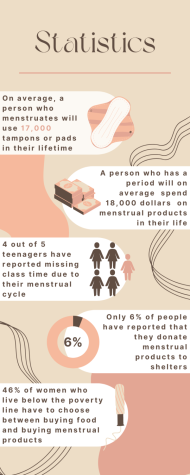
“I’ve heard a lot of girls [say] they keep their tampon in for like a day because they didn’t have an extra one at school.”
This is an issue Project Period is working to fix and has goals to put products in the bathrooms at Liberty.
“We are planning on collecting [menstrual products] at lunch and putting them in the school bathrooms,” said Maurus.
Maurus thinks that menstrual products are just as important and necessary as other bathroom items.
“We should be able to stock menstrual hygiene products as we stock paper towels and toilet paper.”
Collecting donations for period products is extremely important. While period products are constantly being asked for in shelters across the country, only 6% of people have ever donated menstrual products, according to Nadya Okamoto, author of Period Power, a book focused on educating readers on Period Poverty.
Some states are further ahead in the menstrual equality race than others. According to US News, some states like Oregon and New York, are requiring schools to provide free period products in female and gender-neutral bathrooms.
Inaccessibility to menstrual products is something that will continue to impact students at ICCSD. If you want to learn more about Project Period and ways to help, follow @projectperiodiccsd on Instagram.
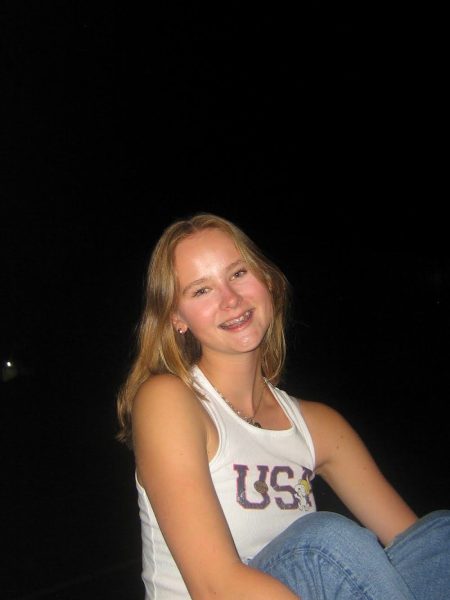
Madelyn is a senior at Liberty. This is her fourth year in Journalism! Madelyn runs cross country and track, and is a member of the speech team. Outside...
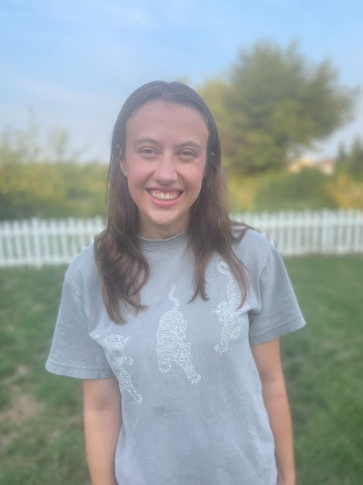
Megan is a senior at Liberty. This is her third year on staff and she is the editor-in-chief for the 2023-2024 school year. She is involved in theatre,...

Kaelyn is a senior at Liberty, and this is her third year on the Live Wire staff. At Liberty, she participates in NHS, garden club, SEA club, and softball....



